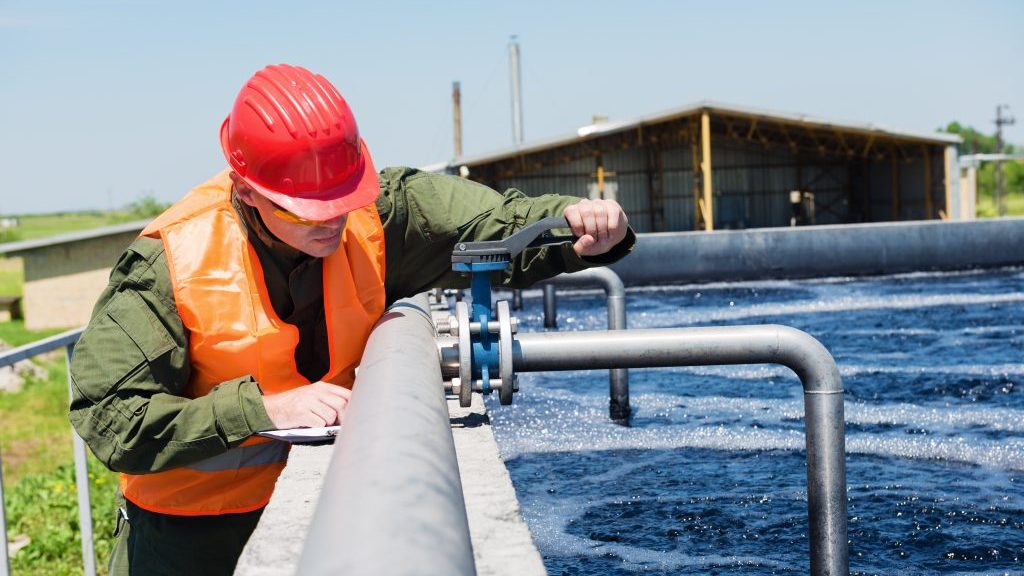WATERLOO, ONT.—The Ontario government has announced it is spending $12 million on a new initiative to detect COVID-19 in wastewater.
The province is partnering with 13 academic and research institutions to create a surveillance network to test wastewater samples taken from communities across Ontario. The system is intended to enhance the ability of local public health units to identify, monitor and manage potential COVID-19 outbreaks, stated a recent release.
Wastewater sampling for the early detection of COVID is already taking place in Ottawa, Windsor, Toronto, Casselman, Hamilton and London, as well as the Region of Peel, York Region, Durham Region, Region of Waterloo and Essex County.
The province is also expanding testing to include some First Nation communities, long-term care homes, retirement residences, shelters and correctional facilities.
“Monitoring wastewater for COVID gives us a close to real-time way to track the spread of the virus, even before people begin showing symptoms,” said Minister of the Environment, Conservation and Parks Jeff Yurek in a statement. “Together with clinical and public health data, wastewater monitoring can help local public health units identify potential COVID-19 outbreaks and enable more timely decisions about how and where to mobilize resources in response.”
The wastewater monitoring initiative is underway at University of Waterloo, University of Ottawa, Ryerson University, Ontario Tech University, University of Guelph, Queen’s University, McMaster University, Carleton University, the Health Sciences North Research Institute, University of Toronto, University of Windsor, Trent University and University of Western Ontario.
The Ontario Clean Water Agency is also providing technical expertise and equipment.
Wastewater sampling measures fragments of the virus, called SARS-CoV-2 RNA genetic fragments, that cause COVID infection. The RNA fragments can be shed in the feces of an infected person a few days before and up to two to three weeks after a person begins to feel ill. The RNA fragments are not infectious and the risk of contracting COVID from wastewater is considered to be low.
“It is extremely rare, and therefore extremely gratifying, to have our research meaningfully impact so many people in Ontario so quickly,” said Dr. Alex MacKenzie, senior scientist at CHEO Research Institute and professor of medicine at University of Ottawa. “The expansion of wastewater surveillance across the province is a testament to both the usefulness and effectiveness of this approach as well as to the creative, multidisciplinary collaboration that is built on a foundation of research excellence, relevance and impact at the CHEO Research Institute and the University of Ottawa.”











Recent Comments
comments for this post are closed